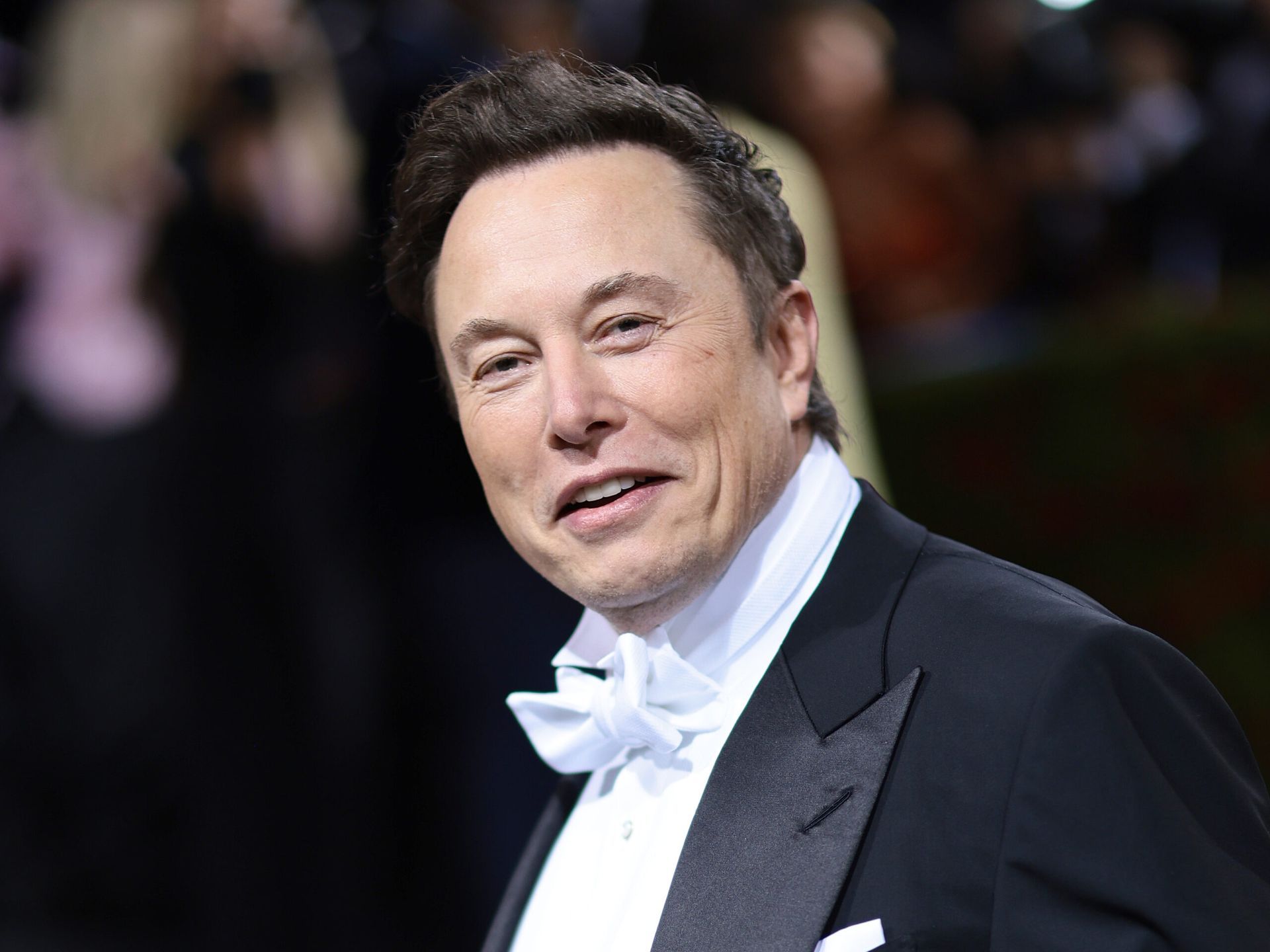- Elon Musk has reiterated his plans to step down as CEO of Twitter and stated that it would be good timing to identify a successor to run the platform by the end of 2023.
- Musk’s decision to step down was informed by a survey he conducted on Twitter in December 2021, in which more than 60% of respondents supported his resignation as CEO, citing concerns about him being distracted from his other ventures.
- In addition to Musk’s announcement, the referendum results for Twitter included modifications to the platform’s privacy policy and suspension and reinstatement of journalist accounts, generating significant backlash from news organizations, advocacy groups, and European officials.
- Musk’s acquisition of Twitter for $44 billion in October 2021 was accompanied by significant turbulence and controversy, including Musk’s attempt to introduce a paid verification system and his dismissal of nearly half of the platform’s employees.
In December of last year, Elon Musk, the prominent tech entrepreneur, made a significant announcement that he would relinquish his position as CEO of Twitter. However, he also revealed that he would continue to oversee key divisions of the popular social media platform until a suitable replacement is identified. This move marked a significant shift in the leadership structure of Twitter, one of the most influential and widely-used social media platforms in the world.
In a characteristic display of wit, Elon Musk took to Twitter to announce his intention to step down as CEO of the social media giant. In the tweet, he humorously declared that he would vacate the position as soon as a “foolish enough” individual was found to assume the mantle of CEO.
This tweet was typical of Musk’s irreverent and sometimes controversial social media presence, which has endeared him to his followers and made him one of the most talked-about figures in the tech industry.
The new CEO of Twitter is amazing pic.twitter.com/yBqWFUDIQH
— Elon Musk (@elonmusk) February 15, 2023
Elon Musk might vacate his position as Twitter CEO
After almost three months, Elon Musk has reiterated his plans to step down as CEO of Twitter, publicly stating that it would be “good timing” to identify a successor to run the popular social media platform.
According to Musk, the ideal timeline for this transition would be by the end of 2023, a time when he believes that Twitter will have achieved a stable position in the social media landscape. This renewed commitment to relinquishing his leadership role in Twitter highlights the visionary entrepreneur’s forward-looking approach to business and his strategic vision for the future of the tech industry.
“I’m guessing probably towards the end of this year would be good timing to find someone else to run the company, because I think it should be in a stable position around, you know, at the end of this year,” he stated.

Elon Musk’s decision to step down from his CEO position at Twitter was informed by a survey that he conducted among his Twitter followers in December of last year. The results of the poll revealed that over 60% of respondents supported his resignation, citing concerns about the billionaire entrepreneur being distracted from his other ventures, such as Tesla, where he plays an active role in production and engineering.
These concerns reflect the intense scrutiny that surrounds the activities of high-profile tech leaders like Musk, who have a significant impact on the direction of the industry and the fortunes of their respective companies.
In addition to Elon Musk’s announcement to step down as CEO, the referendum results for Twitter also included a number of other significant changes. These included modifications to the platform’s privacy policy and the suspension, followed by reinstatement, of journalist accounts.
These actions generated significant backlash from news organizations, advocacy groups, and European officials, who condemned Twitter’s handling of the situation. This highlights the challenges that social media companies face in balancing the needs of different stakeholders, including users, regulators, and the media, as they navigate the complex landscape of online content moderation and governance.
Never-ending controversies around Twitter
Elon Musk’s acquisition of Twitter for $44 billion in October of last year was accompanied by a significant amount of turbulence and controversy. In the aftermath of the purchase, he dismissed nearly half of the platform’s employees, a move that sparked concerns about the future direction of the company. Furthermore, Musk attempted to introduce a paid verification system on Twitter, which was met with mixed responses from users and was eventually suspended.
These actions illustrate the complex and often fraught dynamics of corporate acquisitions in the tech industry, where rapid changes in ownership can have profound implications for the workforce, users, and stakeholders.

Musk warned a year ago that it might be challenging to identify a successor to lead Twitter. After laying off workers earlier this month, he reportedly warned those still on staff that “net negative cash flow of several billion dollars” and possible insolvency were possibilities in 2023.
Musk has been transparent about his plans for Twitter and his efforts to rid the site of fake news and other forms of misinformation. He expressed his desire for the forum to serve as an honest resource and encouraged other CEOs to speak their minds openly regardless of the backlash they might receive.
The United Nations said that media freedom was “not a toy” after the poll on whether he should step down, and the European Union pledged to penalize the social media behemoth.
FLOKI’s price surged after the news
Elon Musk’s Wednesday tweet introducing his dog “Floki” as the “new CEO of Twitter is amazing” led to a 45 percent surge in the value of Floki Inus. Currently, the coin is trading at 0.0000348248, according to TradingView.






